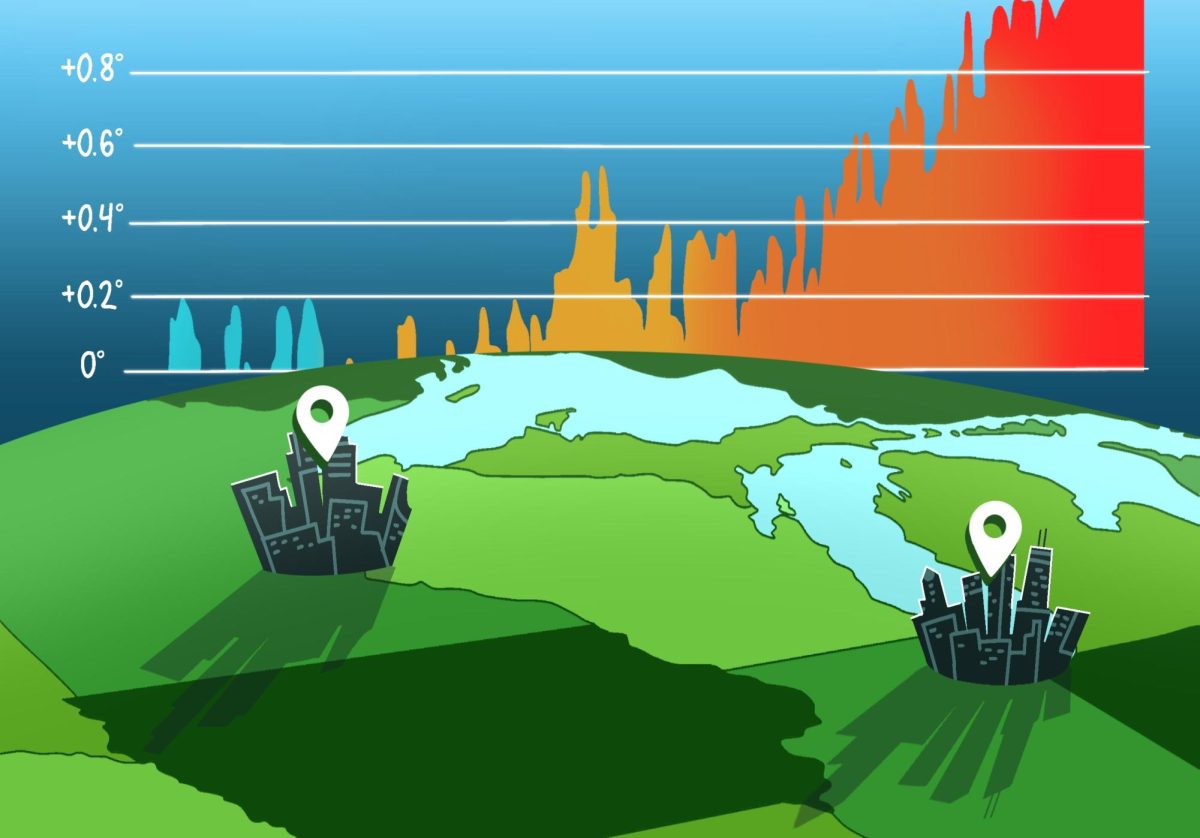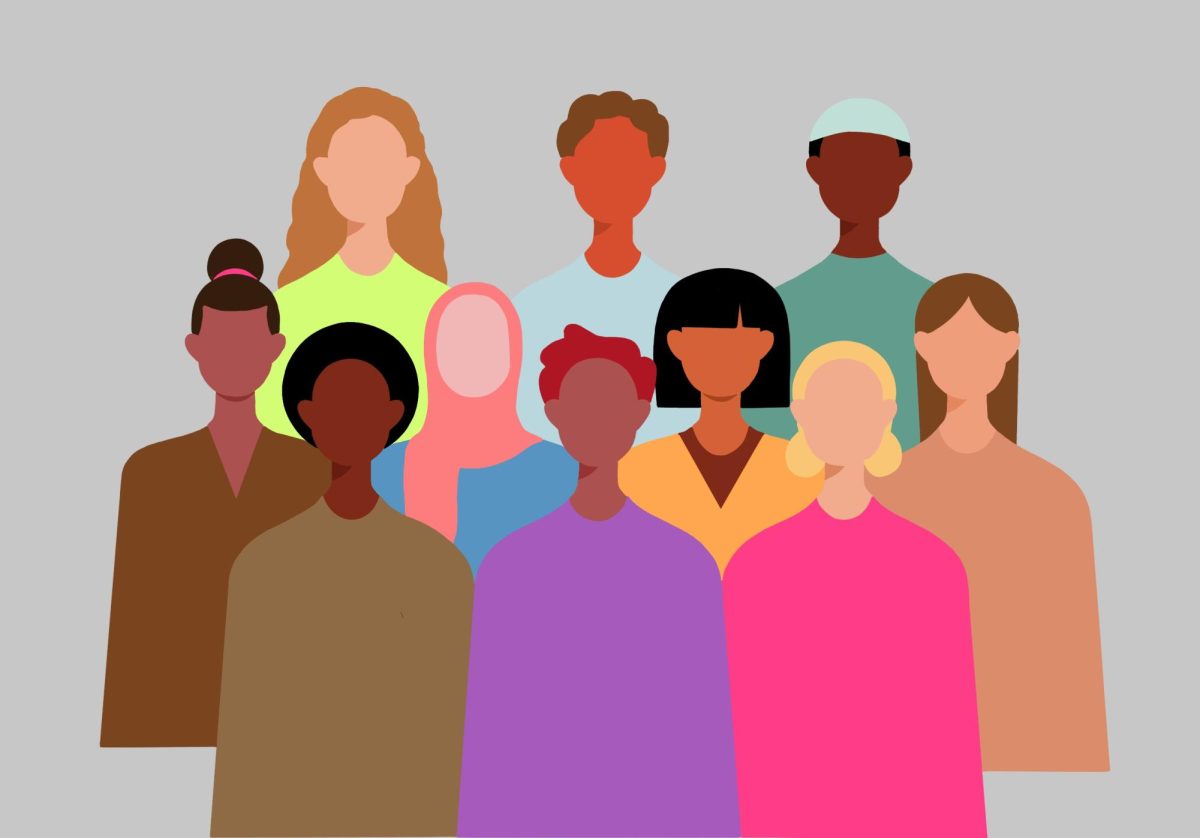Editor’s Note: In 2019, Ericson worked as an intern for the Borgen Project, an organization that advocates to increase the U.S. foreign aid budget.
In 1977, the residents of Kinney, Minnesota, faced a big problem. The small town’s water system was old and mineral deposits were building up in the pipes.
Unable to acquire funding to fix the problem, the Iron Range town decided to declare independence. In their declaration, the town’s leaders wrote, “It is much easier to get assistance as a foreign country.” The publicity stunt worked: they got the money to fix their water system.
I commend the residents of Kinney for their ingenuity, and I am glad they got their water system fixed. The perception that the U.S. spends lavishly on other countries is a persistent one. According to opinion polling, people typically think we spend about 25% of the federal budget on foreign aid. But, in reality, it’s less than 1%.
I think we should increase this number. We already donate more than other countries in absolute terms, but we’re also the richest country in the world. We donate about 0.2% of our gross national product each year. The average for all rich countries is 0.3%, but several nations give more than 0.7%.
I don’t believe the United States is a below-average nation, and I don’t think our foreign aid budget should be below average either.
Some proponents of foreign aid are quick to point out that it doesn’t just benefit other countries. According to the Brookings Institution, foreign aid helps American national security and our economy. According to Oxfam, aid “benefits America’s interests.” And, as I wrote in this form letter to the Star Tribune on behalf of the Borgen Project, aid means “investing in future American trade partners and allies.”
But, I don’t think American interests are the primary reason we should be sending more aid to other countries. There are a lot of people suffering in the world, and the U.S. government has a lot of money. The primary benefit of foreign aid, in my opinion, is alleviating this suffering.
However, if we’re going to engage in a global project to reduce poverty, we need to make sure the things we do actually work.
I talked to Paul Glewwe, an applied economist at the University of Minnesota. He also sent me a copy of one of the 8000-level lectures he’s given on foreign aid. Glewwe told me research has generally found that foreign aid doesn’t increase economic growth for the receiving country unless the country already has good economic policies, though others contest these findings.
However, researchers have also found that some aid — like graduation programs — really can improve people’s lives.
Jason Kerwin is also an applied economist at the University. His research focuses on poverty and social problems in poor countries. Kerwin said the current research indicates that the most effective programs for reducing poverty are called “graduation” programs. These programs, he said, combine cash grants with various interventions designed to lift people out of poverty. Kerwin gave the examples of training on how to take care of livestock or access to credit. He said these combination programs are more effective than just cash in part because they give people access to things they might not be able to get in the regular market.
Economists are now shifting focus toward understanding the efficacy of different types of aid. The main question, Kerwin said, has become less about whether aid in general is effective and more about what type of aid is most effective.
“I think that this question of whether aid is effective is the wrong question,” he said. “It’s kind of like asking if … domestic spending is effective.”
There are so many different things the money could be spent on that it’s often more useful to look at the micro level, at whether individual programs work.
“Now, the more recent research is, you know, where’s the money really going to?” Glewwe said. “And which things work?”
Both economists told me, despite some reservations, they both agree we should increase our aid budget.
“I think we should if we use it for humanitarian purposes,” said Glewwe. “Things that work.”
“We should greatly increase our foreign aid budget. I think that is, like, absolutely morally correct,” Kerwin said. “In many cases, everybody could benefit from being a bit more thoughtful about exactly where the money is going and how helpful it is.”
The United States is the richest country in the world. We could be doing so much more to improve the lives of people around the world. I think we should.
Correction: A previous version of this article misstated Paul Glewwe’s lectures. Glewwe teaches one 8000-level lecture on foreign aid.






















